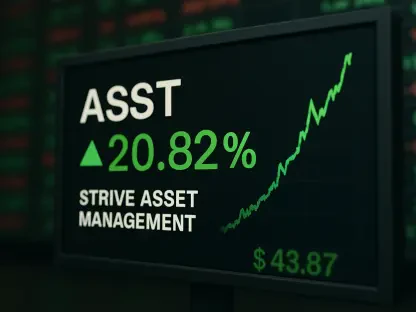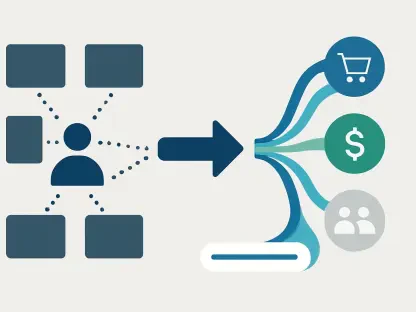In recent technological developments, Meta Platforms Inc. announced ambitious plans to enrich Facebook and other social media channels by incorporating AI-generated users and content, an innovation that could redefine online engagement. Over the past year, Meta has relentlessly developed a suite of AI tools designed to revolutionize user interaction, including advanced chatbots for Messenger and cutting-edge AI character creation tools. These initiatives have culminated in the creation of “hundreds of thousands” of AI-generated profiles, which are currently private but slated to become integral to Meta’s online ecosystem within a few years. Connor Hayes, Meta’s vice president of product for generative AI, envisions a future where these AI profiles mimic real user accounts, complete with personalized bios and profile pictures while generating and sharing AI-powered content.
Enhancing User Experience with AI
Meta’s investment in artificial intelligence is strategically aimed at making its platforms more engaging, thereby prolonging user interaction and satisfaction. Among the groundbreaking tools is an innovative photo editing feature powered by AI, designed to enhance visual content seamlessly. Beyond this, AI assistants are another key component of Meta’s strategy, providing users with intelligent support and personalized interactions. Perhaps the most ambitious is the forthcoming text-to-video tool for content creators, which will enable users to create and feature themselves in AI-generated videos. These videos, depicting characters crafted around users’ interests, can serve to entertain or provide guidance on various topics, ranging from cooking tips to fashion advice. Through these tools, Meta hopes to create a more immersive and interactive experience for its users, keeping them engaged on its platforms longer.
Despite AI-driven engagement being appealing in theory, it naturally brings up significant concerns about whether AI can truly mirror the nuanced interactions of human users. The challenges involve not just technical sophistication but also ethical considerations. Can AI personas deliver content that resonates similarly to human-generated content? Part of Meta’s AI initiative involves ensuring that these machine-generated characters not only interact superficially but also provide substantial and meaningful content. As these AI tools become more widespread, Meta’s challenge lies in curating and refining these tools to enhance user experience genuinely.
Risks and Ethical Concerns
Despite the innovative push, the proliferation of AI-generated users and content raises pressing concerns about the potential consequences—both intended and unintended. Critics point to the risks of unsupervised AI causing real harm, such as political manipulation, spreading misleading information, or creating low-quality, repetitive content. Becky Owen, Meta’s former head of creator innovations, expressed concerns regarding the amplification of false narratives, warning that AI personas could dilute the quality and integrity of social media interactions. Additionally, AI characters, devoid of genuine emotions and human experiences, might struggle to capture the relational aspect of social media.
Another significant risk is the potential for AI chatbots to inadvertently encourage harmful behaviors, which could have severe implications for user safety and platform responsibility. As AI technology advances, the possibility of unintended consequences increases, highlighting the need for robust ethical oversight and accountability mechanisms. Therefore, while Meta’s AI-driven future is promising, it demands stringent safeguards to mitigate potential harms. Striving for a balance between innovation and ethical integrity is a pivotal challenge Meta must navigate.
Long-Term Gains and Investment
Meta Platforms Inc.’s ambitious foray into AI-generated content holds the promise of long-term gains in user engagement and interaction. However, the rapid growth of AI-generated users and content brings serious concerns about potential consequences—both intended and unintended. Critics highlight risks such as political manipulation, spreading false information, and producing low-quality, repetitive content. Becky Owen, Meta’s former head of creator innovations, worries about AI’s amplification of false narratives, noting that AI personas could compromise the quality and integrity of social media interactions. Additionally, AI characters, lacking genuine emotions and human experiences, may struggle to capture the relational aspect of social media.
Another major risk is AI chatbots inadvertently encouraging harmful behaviors, posing significant threats to user safety and platform responsibility. As AI technology progresses, the chance of unintended consequences grows, underlining the need for robust ethical oversight and accountability measures. Thus, while Meta’s AI-driven future is promising, it requires stringent safeguards to mitigate potential harms. Balancing innovation with ethical integrity remains a crucial challenge that Meta must address.









